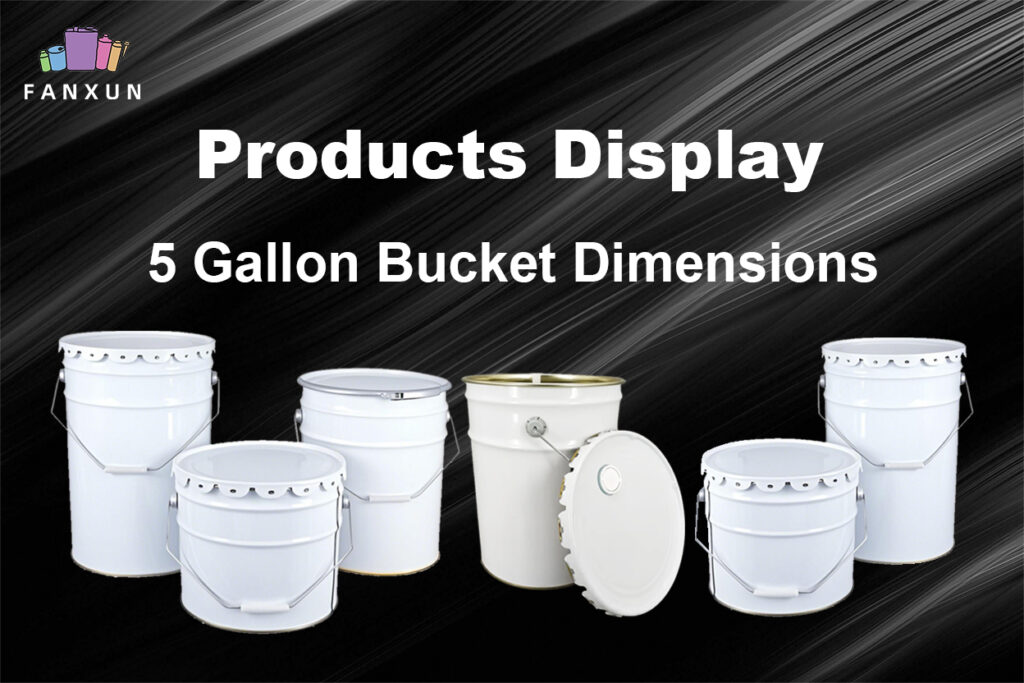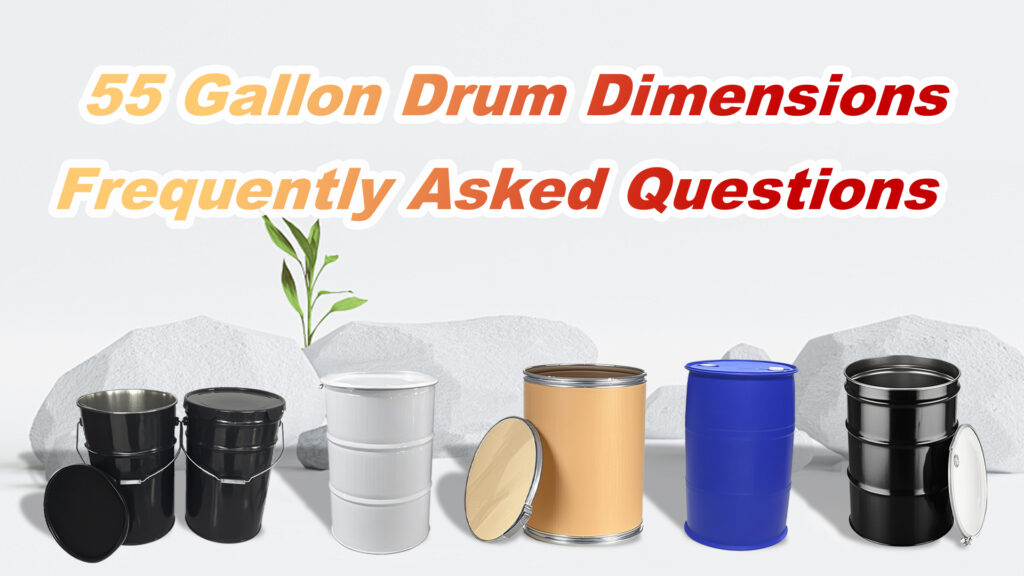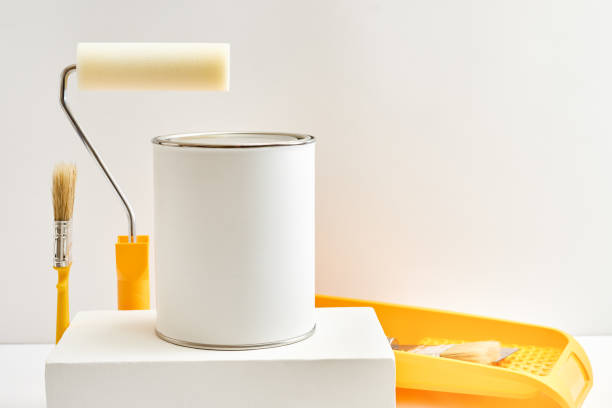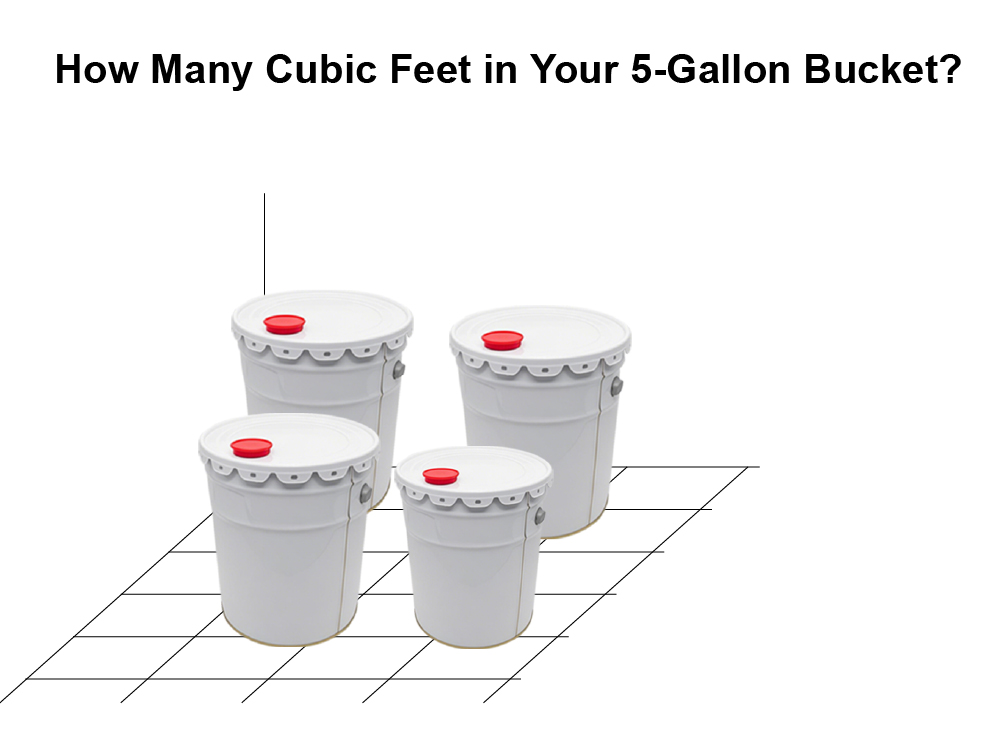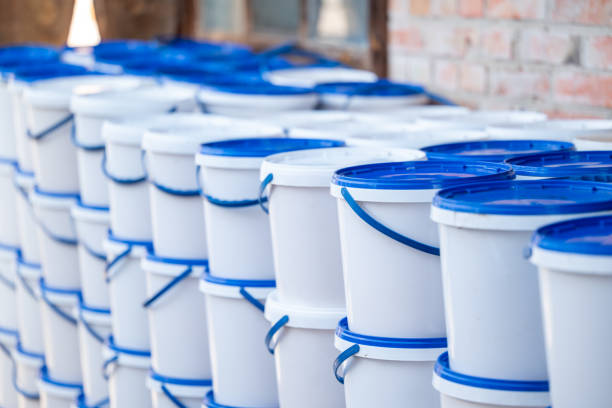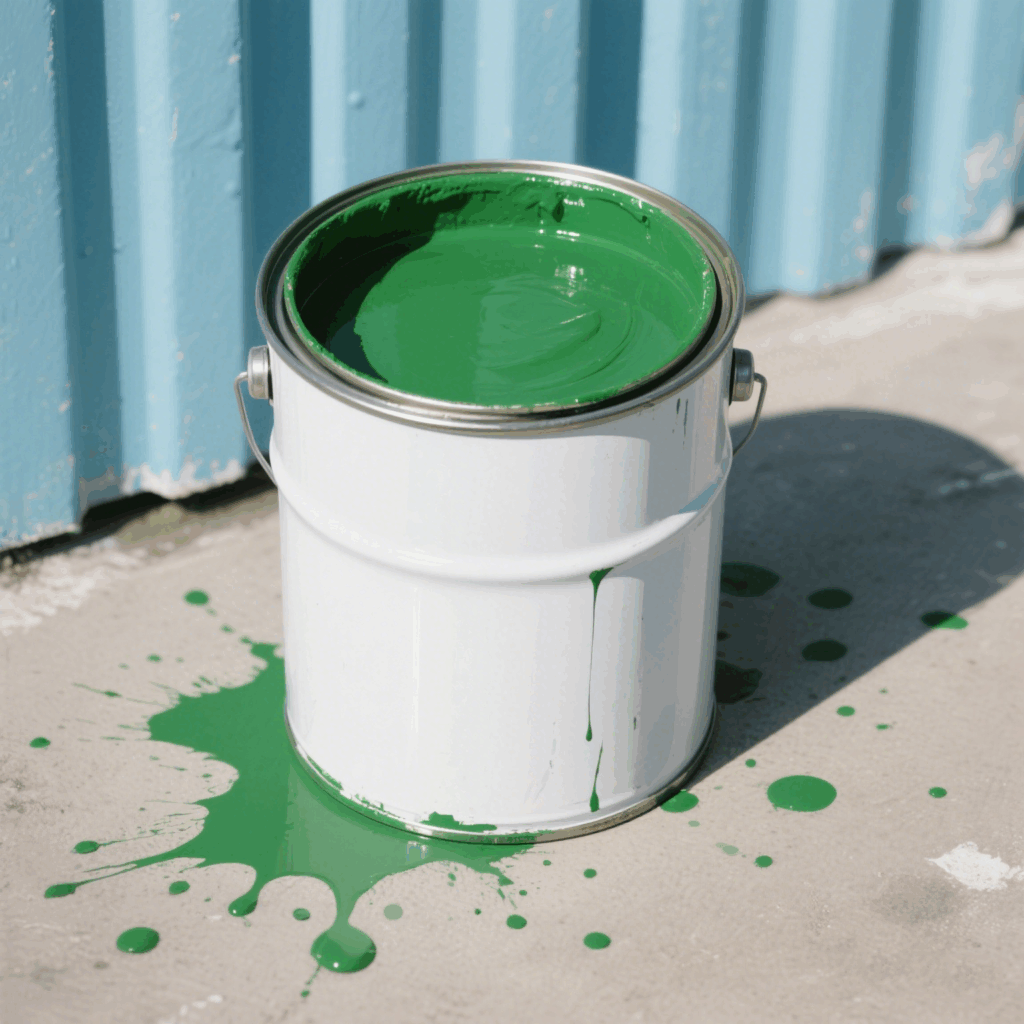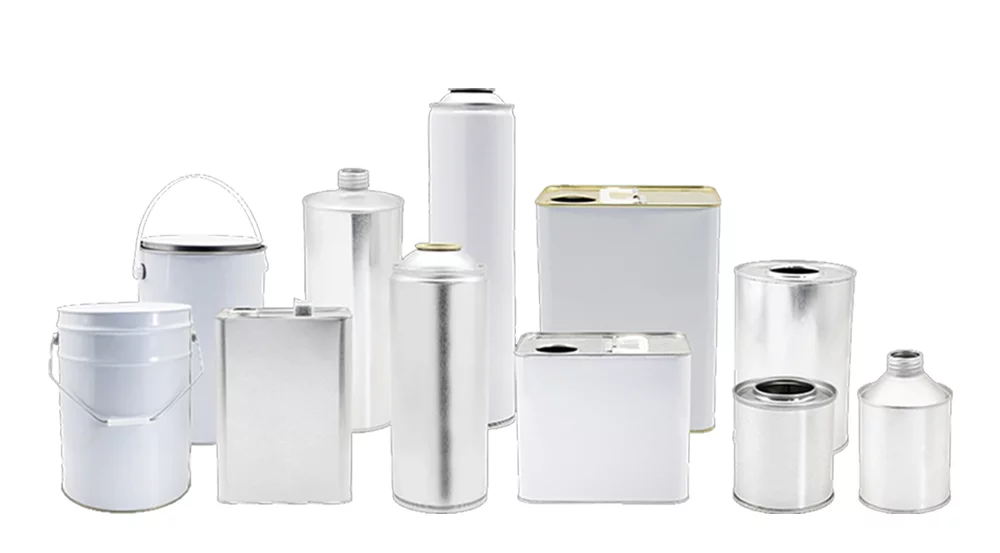Hearing a grinding noise when you hit the brakes is never a good sign. It can feel alarming—especially if you’re not sure what’s causing it. One of the first thoughts many drivers have is: “Could low brake fluid be the reason my car is making that noise?” This article answers that question in full detail and explores what grinding really means, what brake fluid does, and what you need to do next to stay safe and avoid costly repairs.
Understanding Brake Fluid: The Basics
Brake fluid is a hydraulic fluid that transfers the force from your foot pressing the brake pedal into pressure that engages your brake pads and stops your car. It’s essential for the braking system to function properly.
When brake fluid is low, it doesn’t just reduce stopping power—it can lead to air in the brake lines, uneven brake pressure, and potential system damage.
Can Low Brake Fluid Directly Cause Grinding?
Not directly. Low brake fluid itself doesn’t usually cause a grinding noise. 하지만, it can lead to secondary issues that do result in grinding:
| Cause of Grinding | Connection to Brake Fluid | 설명 |
|---|---|---|
| Worn Brake Pads | Indirect | Low fluid can reduce braking efficiency, causing pads to wear faster, leading to grinding when the pad backing hits the rotor. |
| Air in Brake Lines | Direct | Air can enter the system due to low fluid, causing poor brake response, which might lead to mechanical stress and noise. |
| Damaged Calipers | Indirect | Low fluid can prevent proper caliper movement, causing uneven pad wear and rotor damage. |
| Rotor Damage | Indirect | If braking is inconsistent due to low fluid, rotors may become warped or scored, resulting in grinding. |
So while low brake fluid isn’t the main cause of grinding, it often contributes to the conditions that cause it. It’s an early warning sign you shouldn’t ignore.
What Does Grinding Usually Mean Then?
Here are some common reasons for grinding brakes, beyond fluid issues:
-
Completely worn-out brake pads
-
When the friction material is gone, metal grinds on metal.
-
-
Debris between rotor and pad
-
Small stones or rust buildup can create a grinding sound.
-
-
Warped or grooved rotors
-
Uneven surfaces can rub against the pad irregularly.
-
-
Faulty wheel bearings or calipers
-
Mechanical parts out of alignment can also create grinding sensations.
-
How Low Brake Fluid Makes Things Worse
Imagine your brake system as a sealed network. If the fluid is low, two bad things can happen:
-
Brakes become spongy or slow to respond, increasing wear on mechanical parts.
-
Your brake warning light or ABS light might activate, but by that time, the damage could already be done.
If your fluid is low and you hear grinding, your braking system may already be under strain.
What Should You Do If You Hear Grinding?
From a driver’s point of view, here’s what you should do immediately:
-
Pull over and inspect: If safe, visually inspect the brake fluid reservoir. If it’s below “MIN,” you may have a leak or worn-out pads.
-
Check brake pads and rotors: Worn pads are the most common grinding cause.
-
Do not top off blindly: If fluid is low, just refilling won’t solve the underlying issue.
-
Schedule a full brake inspection: Visit a mechanic to inspect the entire system.
Prevention: Maintenance Tips
| Tip | Why It Helps |
|---|---|
| Check brake fluid monthly | Early detection of leaks or evaporation |
| Replace brake pads every 25,000–70,000 miles | Prevent metal-on-metal contact |
| Flush brake fluid every 2–3 years | Keeps braking system clean and responsive |
| Pay attention to brake sounds | Early grinding noises = early action |
Real-World Scenario
You’re driving and hear a grinding sound when braking. You check your fluid—it’s low. You top it off, and the sound stays. That’s because the root issue isn’t the fluid—it’s likely worn pads or damaged rotors caused by extended use with low fluid pressure.
자주 묻는 질문
Q: Can I drive with low brake fluid if there’s no grinding yet?
에이: 아니요. Even if there’s no noise, your braking ability may be compromised. It’s a safety risk.
Q: Can I just top up brake fluid myself?
에이: You can, but if the fluid level dropped suddenly, there may be a leak or worn components. A mechanic should inspect it.
Q: How do I know if it’s the brake pads or fluid?
에이: Brake pads wear out with time and cause grinding; low fluid causes soft braking or brake warning lights. Both should be checked.
Q: Will brake fluid leak if the brake pads are worn?
에이: Not usually, but worn pads cause caliper pistons to extend further, using more fluid. This may make it seem like you’re losing fluid.
Q: Is grinding ever safe to ignore?
에이: Never. Grinding means metal is touching metal. If ignored, it can damage rotors, calipers, and even lead to brake failure.
Final Thoughts
Low brake fluid won’t usually cause grinding on its own—but it sets the stage for more serious brake problems that can. If you hear grinding, don’t just refill the reservoir and hope for the best. Take it as a sign to check your entire braking system. Staying proactive keeps you safe, protects your car, and saves you from expensive repairs down the line.















